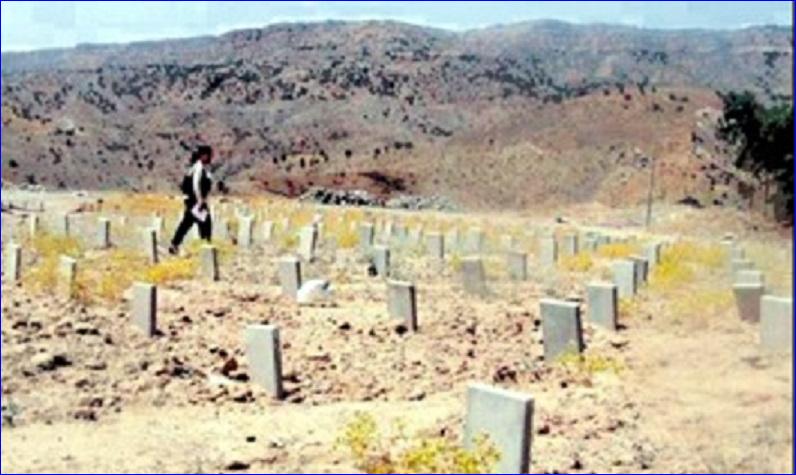


Committed during the era of the former Ba'ath regime under President Ahmed Hassan al-Bakr, the Sorya Massacre resulted in the deaths of the vast majority of the village's Chaldean-Syriac-Assyrian inhabitants.
Related: The 1933 Massacre of Assyrians in Simmele, Iraq
The Iraqi Army, led by the criminal Lieutenant Abdul Karim al-Juhaishi, launched a barbaric attack on the village. The pretext was that its residents had detonated a landmine against a convoy he was leading 4 km away. The soldiers gathered the villagers in an animal pen and opened fire on them, killing 38 people. Among the victims were the village priest, Father Hanna Qasha, as well as the village mayor Khammo Marawge and his daughter. Approximately 25 others were seriously injured.
The bodies of the martyrs were left scattered in the streets and squares of the village, a scene illustrating the utter brutality of the Ba'ath regime and its military leaders.
Related: The Assyrian Genocide
The stated goal of the attack was to punish the villagers for an act they did not commit. However, the primary, unstated objective was the complete eradication of the village's 40 Chaldean-Syriac-Assyrian families.
56 years have passed, during which the country of Iraq has seen numerous successive governments and regimes that have claimed to be democratic. Yet, none have taken action to bring justice for the Chaldean-Syriac-Assyrian people and the victims of the Sorya massacre. They have all remained silent.
For 56 years, demands by the Chaldean-Syriac-Assyrian people and their political parties, among them the Beth Nahrain Patriotic Union (Huyodo Beth Nahrain Athroyo, HBA), in Iraq and in the diaspora, for official recognition of the massacre have not ceased. The Chaldean-Syriac-Assyrian people refuse to concede until they obtain official recognition and justice for their ancestors who were martyred in the painful massacre.

or register to post a comment.